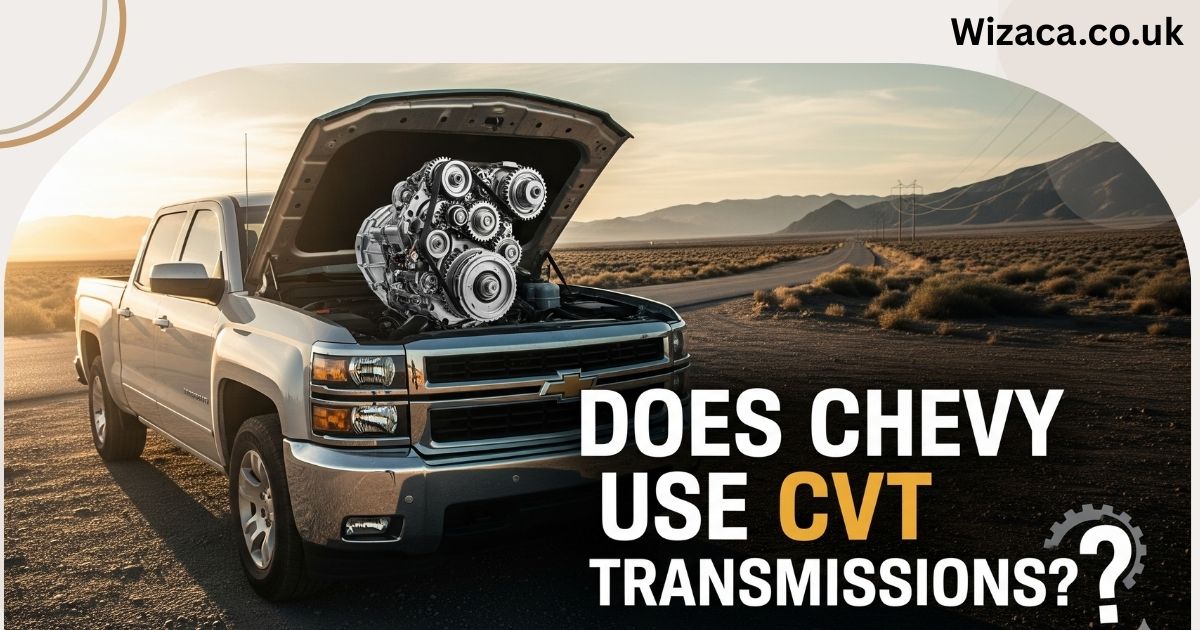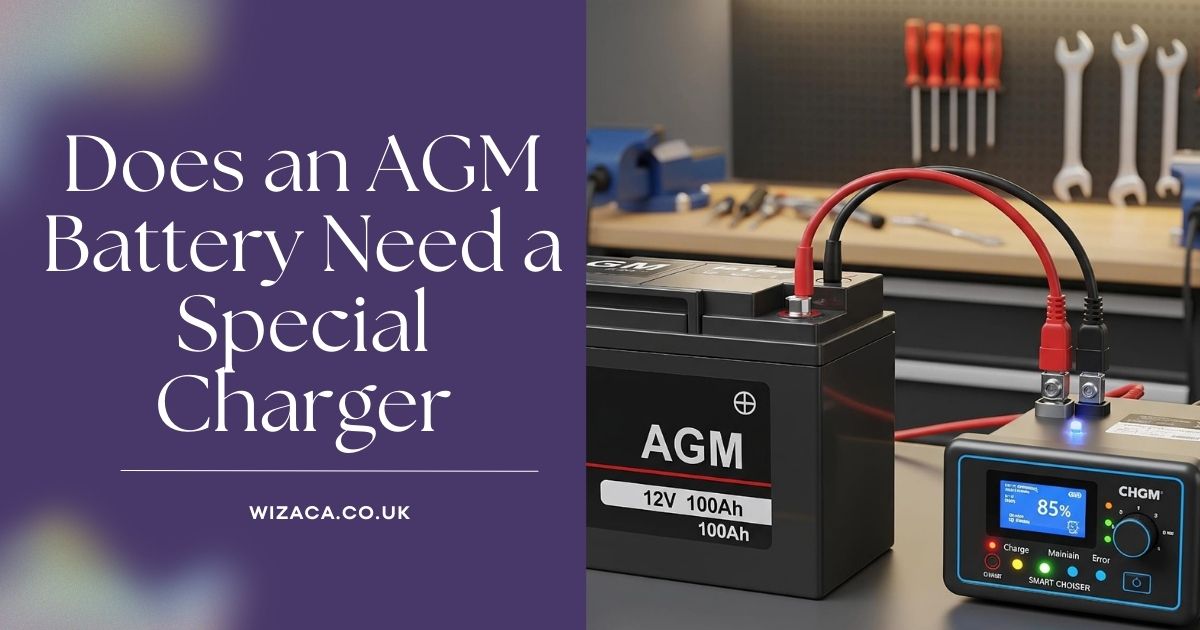No, a weight distribution hitch does not increase your vehicle’s towing capacity. It helps to distribute the tongue weight more evenly across the trailer and the towing vehicle’s axles, which can improve stability, reduce sag, and enhance control while towing. However, it doesn’t change the maximum towing capacity that your vehicle or trailer is rated for by the manufacturer.
Let’s take a closer look at what a weight distribution hitch does and why it’s important, even if it doesn’t increase your towing limit.
What Is a Weight Distribution Hitch?
A weight distribution hitch (WDH) is a towing accessory designed to:
- Even out the load between the front and rear axles of your tow vehicle.
- Level the vehicle and trailer, reducing rear sag and improving steering and braking.
- Help maintain safe handling and control, especially when towing heavier loads within your vehicle’s rated capacity.
It uses spring bars or torsion bars to redistribute the tongue weight of the trailer.
What Does a Weight Distribution Hitch Do?
- Improves Stability
- Reduces sway and bounce while towing.
- Keeps the front wheels of the tow vehicle better planted on the road.
- Levels the Load
- Reduces rear-end sag on the towing vehicle.
- Helps maintain a level trailer and vehicle stance.
- Enhances Safety
- Improves braking performance and steering control.
- Reduces strain on the rear suspension of the tow vehicle.
What a Weight Distribution Hitch Does Not Do
- Does NOT increase towing capacity.
- Your vehicle’s towing capacity is set by the manufacturer and based on factors like the engine power, brakes, frame strength, and axle ratings.
- A weight distribution hitch won’t increase those limits.
- Does NOT increase payload capacity.
- Your vehicle’s payload capacity (how much weight you can load inside the vehicle, including passengers and cargo) is fixed.
Why Do People Think It Increases Towing Capacity?
Because a weight distribution hitch can:
- Make towing feel safer and more stable, especially when towing near the upper limits of your hitch rating.
- Allow the use of a higher-rated hitch receiver, but this is still bound by the vehicle’s rated capacity.
Example:
- Your hitch might say 5,000 lbs towing / 500 lbs tongue weight, but with weight distribution, it might say 10,000 lbs towing / 1,000 lbs tongue weight.
- However, your vehicle may still only be rated for 5,000 lbs towing. The hitch rating doesn’t override the vehicle manufacturer’s limitations.
When Is a Weight Distribution Hitch Required or Recommended?
- If your trailer’s tongue weight is more than 10-15% of your vehicle’s towing capacity.
- If your trailer weighs more than 5,000 lbs (many manufacturers recommend weight distribution in this case).
- If your tow vehicle sags at the rear or the front lifts up while towing.
- To help control sway on longer or heavier trailers.
Conclusion
A weight distribution hitch improves safety and control but does not increase your vehicle’s towing capacity. You must always tow within the limits specified by your vehicle’s manufacturer, regardless of what towing accessories you use. A WDH is a valuable tool for better weight balance, stability, and peace of mind while towing heavier loads within your approved capacity.
FAQs
Can a Weight Distribution Hitch Increase My Hitch Capacity?
It can allow you to use your hitch receiver’s higher weight rating with weight distribution, but you can’t exceed your vehicle’s maximum towing capacity.
Does a WDH Make Towing Safer?
Yes! It improves stability, braking, and steering, making towing safer and smoother.
Is a Weight Distribution Hitch Required by Law?
Not usually required by law, but some manufacturers recommend or require it when towing heavy loads.
Can a WDH Reduce Trailer Sway?
Yes. Many weight distribution hitches come with built-in sway control, or you can add a sway control device to improve stability.
How Much Weight Can I Tow With a Weight Distribution Hitch?
You can tow up to the maximum towing capacity of your vehicle and hitch, but never exceed the ratings listed in your vehicle’s owner’s manual.
Also Check:
• Does a New AC Compressor Come With Oil
• Does an AC Compressor Make Noise
• Does a Nissan Rogue Have a Trailer Hitch










